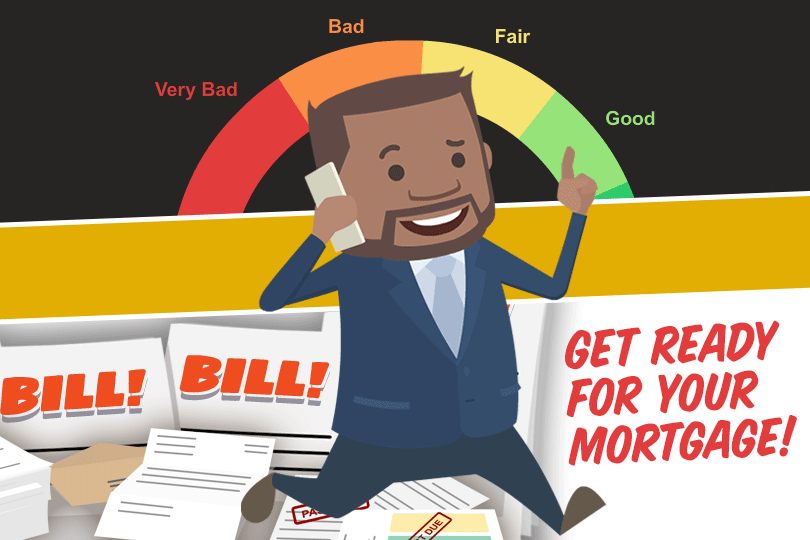The Impact of Late Payments on FHA Loan Approval
June 20, 2023
Today's economic landscape is compounded by factors like inflation and rising utility expenses. These are additional hurdles tacked onto other post-pandemic problems that make securing a home loan an uphill battle for some. If you find yourself on the brink of missing payments on your rent or mortgage, the stakes become even higher, especially if you're eyeing an FHA home loan.
For those hoping to buy a home or refinance with an FHA mortgage, try to maintain a clean payment record for at least 12 months before starting the loan application process. Doing so with less than a year of timely payments on your credit history significantly complicates the approval process. Late or missed payments on housing expenses are a red flag, making it challenging for lenders to justify approving your loan.
The FHA Handbook, specifically HUD 4000.1, enforces the "12-month rule," stipulating that, depending on circumstances, the loan must be "downgraded to a refer" and "manually underwritten" if late or missed payments on a mortgage occurred within the 12 months leading up to the application. The FHA provides no leniency in this regard.
While there may be some consideration in cases where FICO scores and other financial qualifications remain strong, the risk of denial increases if the loan is downgraded to a refer status. However, some leniency may be granted if the late or missed payment is a one-time issue, provided it can be adequately documented.
Ultimately, the lender's discretion plays a significant role, and borrowers with any late or missed payments in the last 12 months might consider delaying their loan application until they've achieved a full year with no such issues. This cautious approach could prove to be the pivotal factor in securing loan approval.
------------------------------
RELATED VIDEOS:
Let's Talk About Home Equity
Understanding Your Loan Term
Your Home Loan is Called a Mortgage

FHA Loan Articles
January 30, 2025FHA residential refinance loans, insured by the Federal Housing Administration, allow homeowners to refinance their existing mortgages. They potentially have more flexible qualification requirements than conventional loans. FHA refi loans can lower monthly payments, shorten the loan term, consolidate debt, or even access cash for home improvements or other needs. Understanding the eligibility criteria and different refinance options is crucial for homeowners considering this option.
January 29, 2025Are you about to graduate from college and are already thinking of what your dream home might look like? Understanding the intricacies of the mortgage is an essential step in your journey toward home ownership. Two key terms you'll encounter early on are "FICO score" and "credit history." How do these two things affect your ability to buy a home?
January 28, 2025Are you dreaming of transforming a diamond-in-the-rough house into your ideal home? Fixer-uppers offer a unique opportunity to personalize your living space and potentially build equity at a price lower than some occupant-ready homes.
January 27, 2025When buying or selling a home, two critical processes are often confused: the appraisal and the inspection. Though both involve a thorough examination of the property, they serve distinct purposes and provide different types of information vital to a successful FHA loan transaction.
January 22, 2025Consider this scenario: you've been in your home for five years or more and you've likely built up a significant amount of equity, and now you might be wondering how to put that equity to work for you. Whether you're dreaming of a major renovation, need to consolidate debt, or want to help a child with college tuition, you have options. Two choices are an FHA cash-out refinance and a home equity line of credit (HELOC).







